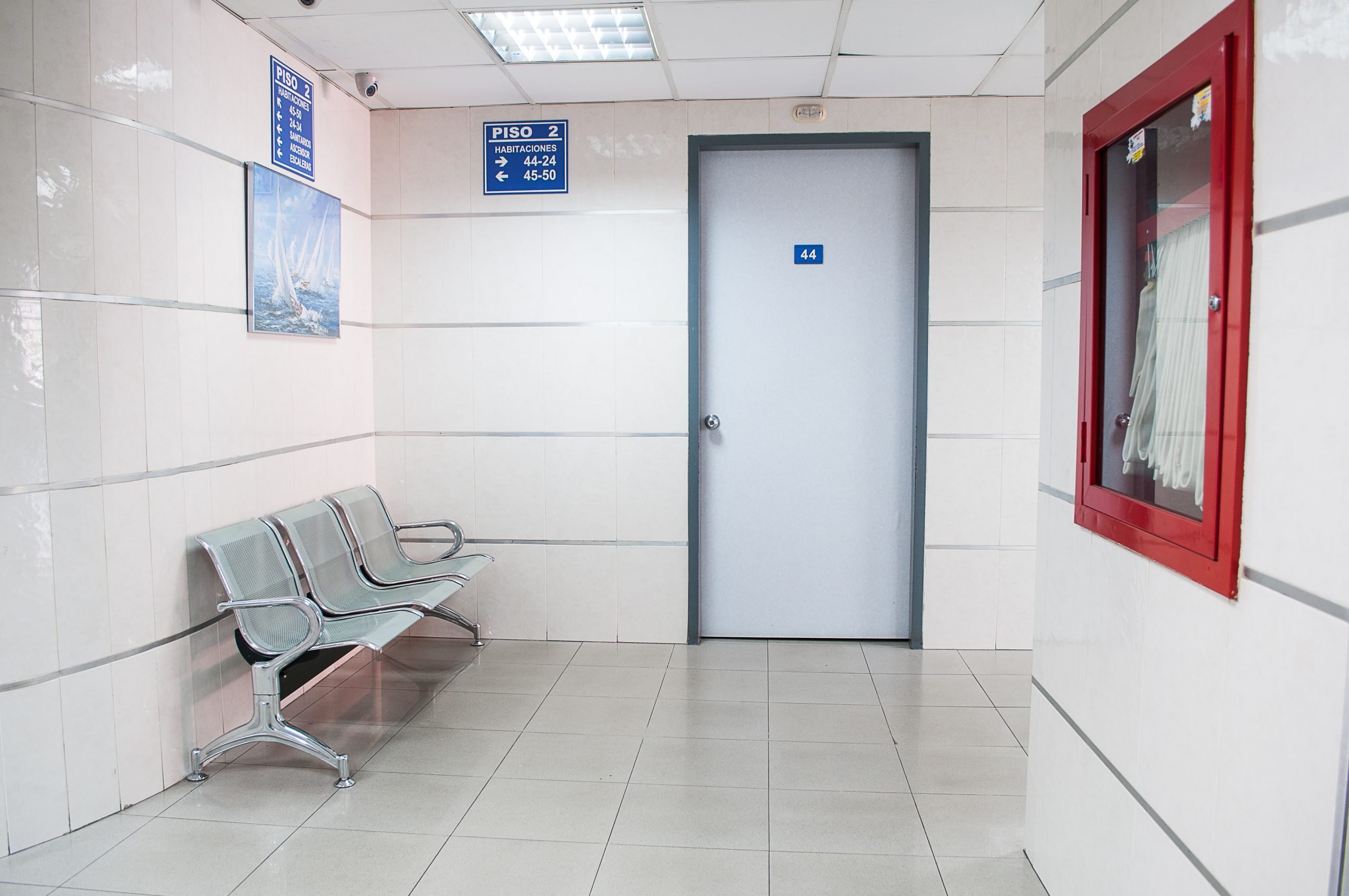When it comes to taxes, Americans moving to Portugal find themselves navigating a unique set of rules. Unlike many countries, the United States is among the few nations that tax their citizens on their global income, regardless of where they reside. This means that even if you pack your bags and establish a new life in Portugal, your U.S. tax obligations remain a constant.
However, these overarching tax principles are just the tip of the iceberg. Every situation is different, and it’s crucial to remember that what applies to one person may not apply to another.
We recommend that to fully understand your unique tax situation, seeking personalized guidance from a tax advisor is a wise step.
In this article, we will explore the essential tax considerations Americans should consider when making Portugal their new home. Let’s take a look!
Want to become part of the large community of US expats in Portugal? Sign up for Holborn Assets’ live webinar on the challenges facing US connected clients moving or living in Portugal. Find out all about the financial perks of moving to Portugal and have all your burning questions answered. The event is scheduled for May 16 at 5 pm (Lisbon Time) / 12 pm EST. If you would like to schedule a one-on-one call instead, you can book one here.
Americans Moving to Portugal: US Tax System
The American tax system relies on citizenship rather than residency, so individuals with US citizenship are subject to taxation on their income worldwide, regardless of their place of residence. Nevertheless, there are tax advantages accessible to US citizens residing overseas like in Portugal.
Let’s take a look at the Foreign Earned Income Exclusion (FEIE), the Foreign Tax Credit (FTC), and the Streamlined Filing Compliance Procedure, advantages that Americans moving to Portugal can use.
The Foreign Earned Income Exclusion (FEIE)
The Foreign Earned Income Exclusion allows US citizens living in Portugal to exclude a portion of their foreign-earned income from US taxes, up to $120,000 for 2023. This amount is adjusted with inflation yearly.
According to the IRS, to be eligible for these benefits, you must meet specific criteria:
- You must have income earned in a foreign country.
- Your primary place of work for tax purposes must be in a foreign country.
- You must fall into one of the following categories:
- A U.S. citizen who has established genuine residency in a foreign country for an unbroken period, including a full tax year.
- A U.S. resident alien who is both a citizen or national of a country that has an active income tax treaty with the United States and who has established genuine residency in a foreign country for an unbroken period, including a full tax year.
- A U.S. citizen or U.S. resident alien who has been physically present in a foreign country for at least 330 complete days within any 12-month consecutive period.

The Foreign Tax Credit (FTC)
The Foreign Tax Credit (FTC) is a protection available to U.S. expats to prevent double taxation on the same income. The FTC provides a means for U.S. expats to offset, dollar for dollar, the foreign taxes they have paid overseas, but it’s important to note that this credit only pertains to income taxes.
If you have already fulfilled your income tax obligations in a foreign nation, the FTC grants you a credit that can be applied to reduce your U.S. tax liability.
To calculate your tax credit, you’ll divide your foreign-sourced taxable income amount by your total taxable income, then multiply that result by your U.S. tax liability.
The Streamlined Filing Compliance Procedure
Many expats living abroad for years might not have realized their obligation to file annual US tax returns. If you find yourself in this situation, there’s no need to panic. The IRS has introduced a solution called the Streamlined Filing Compliance Procedures, which allows you to catch up on your taxes without incurring penalties.
To be eligible for the Streamlined Offshore Filing program, you must meet these requirements:
- Demonstrate that your previous non-filing was “Non-Willful”: You must attest, under penalty of perjury, that your failure to comply with U.S. tax requirements was unintentional, stemming from either a mistake or a lack of understanding of your obligations.
- Not have had a residence in the U.S. for one or more of the last three tax years.
- Have been physically present outside the United States for a minimum of 330 full days during one or more of the three most recent tax years.
- Possess either a Social Security Number or a Taxpayer Identification Number (ITIN). If you do not qualify for a Social Security Number and do not already have an ITIN, you can apply for one when submitting your tax documents under the Streamlined program.
Portuguese Tax System for Americans
Understanding the Portuguese tax system is extremely important as an American moving to Portugal. Keep in mind that if you stay in Portugal for 183 days consecutive or interpolated within a single calendar year, the Portuguese tax authorities will classify you as a tax resident.
Being recognized as a tax resident of Portugal entails the obligation to pay taxes on your income from all sources worldwide.
Let’s take a look at the NHR program which grants you tax cuts, as well as the social security system, capital gains tax, and inheritance tax in Portugal.

The Non-Habitual Residency (NHR) Program
Portugal introduced a favorable tax program in 2009 called the Non-Habitual Residency Program to attract skilled individuals and wealth to the country. Under this program, eligible individuals won’t have to pay taxes in Portugal on their foreign income for 10 years. Those working in Portugal can enjoy a 20% flat tax.
This tax program is open to all newcomers in Portugal who haven’t been Portuguese tax residents in the 5 years before. Once approved, the tax benefits last for 10 years and cannot be extended.
To become a non-habitual resident, you must meet the following criteria:
- You cannot have been subject to taxation in Portugal during the five years preceding your application.
- You need to apply for a tax residence certificate, which requires either residing in Portugal for more than 183 days (which do not need to be consecutive) within a 12-month period, living in Portugal for fewer than 183 days but purchasing property in Portugal during that same 12-month span, or holding a position in the service of the Portuguese state for the past 12 months.
- You must have the legal right to reside in Portugal through a long-term residency visa, such as the Portugal Golden Visa, the Portugal D7 Visa, or the Portugal D2 Visa. For a comprehensive guide on visas in Portugal, you can refer to our complete resource.
Social Security
The Portuguese Social Security system secures citizens’ basic rights and ensures equality in opportunities, providing support measures such as unemployment allowances, paternal leave, and other financial support.
When you are employed in Portugal, you will need to contribute to the social security system which in turn, grants you access to the national health service, for example.
These contributions are divided between the employer and the employee. The employer covers 23.7% of the employee’s total salary, while the employee contributes 11%. If you are self-employed, you are responsible for paying your own contributions, which are higher at 21.4%.

Capital Gains Tax
As a general rule, Portugal taxes capital gains at a rate of 28%. However, there are a number of exemptions and deductions available.
For example, if you sell your primary residence in Portugal and reinvest the proceeds in another primary residence within a specified timeframe, you won’t be subject to capital gains tax on the profit from the sale.
Keep in mind that under the NHR regime, you will not have to pay any tax on capital gains from outside Portugal.
Inheritance Tax
Portugal abolished its inheritance tax in 2004. However, a 10% stamp duty tax applies when assets are gifted or passed on at death. Still, spouses and children are not liable for stamp duty when they inherit assets.
Moreover, your US assets will be exempt, as this only applies to inheritances in Portugal.
5 Quick Tax Tips for Americans Moving to Portugal
- Seek Expert Guidance: Connect with a tax advisor well-versed in the Portuguese tax system. Their expertise can help you navigate the complexities and ensure compliance with local tax laws.
- Study the Portuguese Tax System: Take the time to thoroughly research and understand the intricacies of the Portuguese tax system. Being informed will empower you to make well-informed financial decisions.
- Maintain Detailed Records: Keep records of your income and expenses while living in Portugal. This record-keeping is invaluable for accurate tax reporting and deductions.
- Timely Filing and Payment: It’s vital to meet tax deadlines. Make sure to file your taxes promptly and settle any taxes owed on time to avoid penalties and interest.
- Utilize Tax Incentives: Familiarize yourself with available tax incentives, such as the Non-Habitual Resident (NHR) regime, which can offer substantial tax benefits.
If you are interested in learning more about financial planning and tax efficient tips, we will be providing a walk-through of the fundamentals of good wealth management and financial planning for expats, along with tips and essential advice.
Additionally, we’ll discuss tax implications, investment strategies, and how to maximize your financial potential in your new home. Join us to gain valuable insights and ensure a secure financial future in Portugal here.




Scenario: We purchased a home in Portugal in December of 2023. We are back in the US and now selling our US residence in 2024 and our D7 applications were made this week. Assuming that we are approved in the 60 days they estimated, this dates our Visa sometime in April, when the 4 month arrival timer begins.
Now the real question: our home closing is late May and our relocation flight is on 11 the 11th of June, which will put us over the 183 day threshold of residency for taxation. Will the capital gains from our US home sale, which is a once in a lifetime tax exemption here, be taxable for capital gains in Portugal?
The clock starts for being a Portuguese tax resident is when you update your address to your Portuguese address in the finances portal (think NIF number). You usually don’t do this until after you receive your residency card from SEF/AIMA, which is usually a few months after your AIMA meeting in Portugal after you have your visa and are living in Portugal. Per our Portuguese tax adviser, US income, including any form of gains, doesn’t need to be reported you first year if received prior to the date you become a taxable resident of Portugal.
Bill, did you ever get an answer on this? Similar situation here.